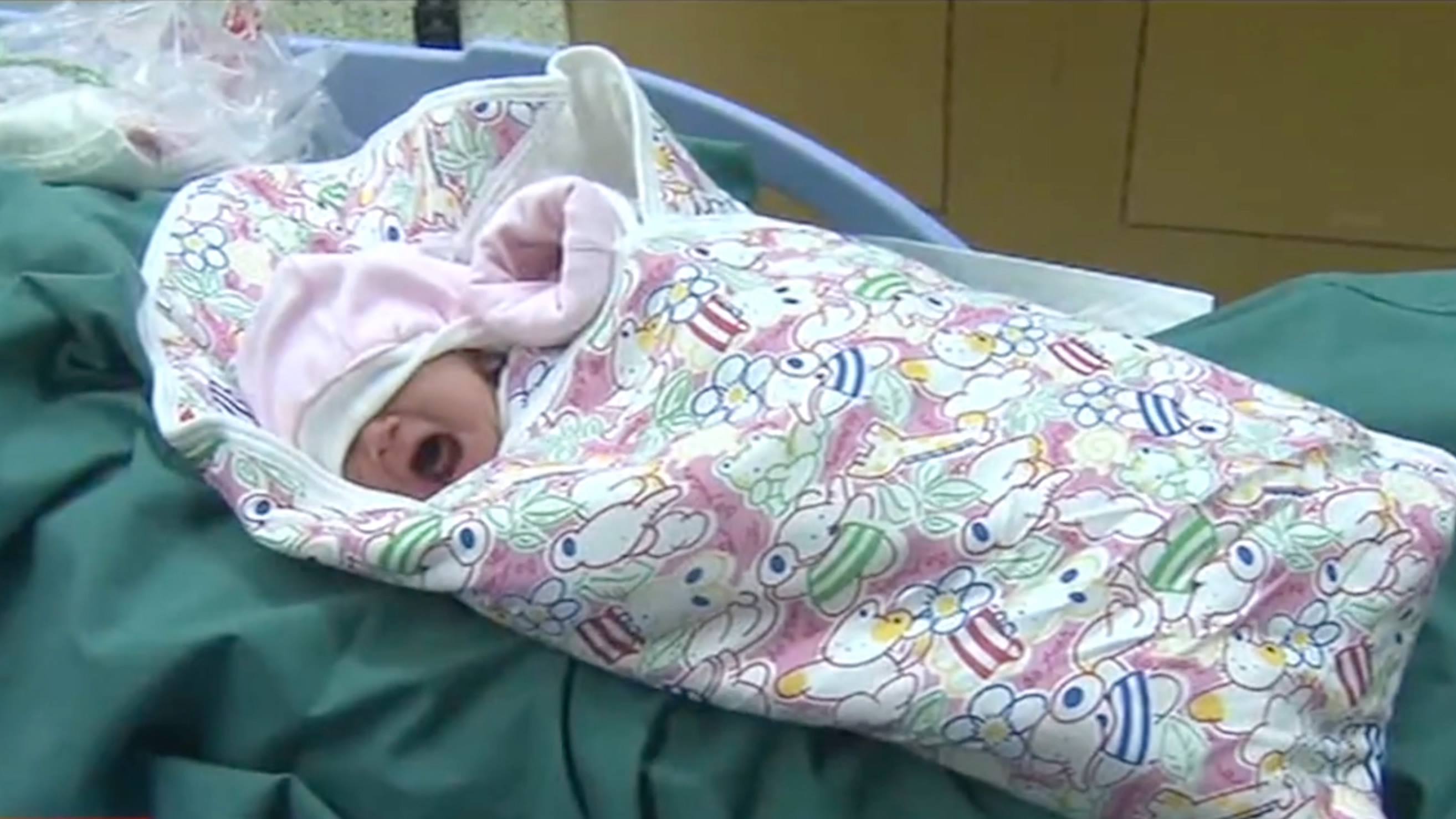
Culture
16:52, 12-Mar-2018
No baby boom three years after one-child policy was abolished
By Jane kiyo

In 2015 China abolished the one-child policy, which had been in place since 1979.
The scrapping of the decades old one-child policy was meant to produce a balanced population.
This is because of a change in China’s demographics – an ageing population is on the rise, which means a shrinking workforce which is a threat to the economy when people can’t work.
But three years on Chinese couples seem reluctant to have more children for various reasons.
Dr. Wang Xin is Director at the Beijing Obstetrics and gynecological hospital – one of Beijing’s biggest maternity hospitals. She said, among the major challenges are high-risk pregnancies caused by different factors. “ For example, some women have had previous operations. Other are now much older, and so giving birth is risky for them."
The hospital records at least 15,000 births annually out of this only 40 percent are second-borns.
Health officials had hoped the two-child policy would produce a baby boom with 20 million births per year.
But this hasn’t happened.
Last year there were only 17 million.
Couples say raising children is too expensive.
Others have become accustomed to having just one child.
Zhang Jingjing, however, said challenges or not she’s been waiting for this moment, "We’ve always wanted a second child but we couldn’t because neither I nor my husband is an only child in our families. So we had to wait until the policy was changed. There’s always pressure to raise children but we are willing to pay more for them."
And she’s not alone.
"I am 40 years old now. I wanted to have a second child because I wanted my first born to have company," said Kong Xiaowei.
Experts suggest it’s still too early to gauge the impact of the two-child policy.

SITEMAP
Copyright © 2018 CGTN. Beijing ICP prepared NO.16065310-3
Copyright © 2018 CGTN. Beijing ICP prepared NO.16065310-3